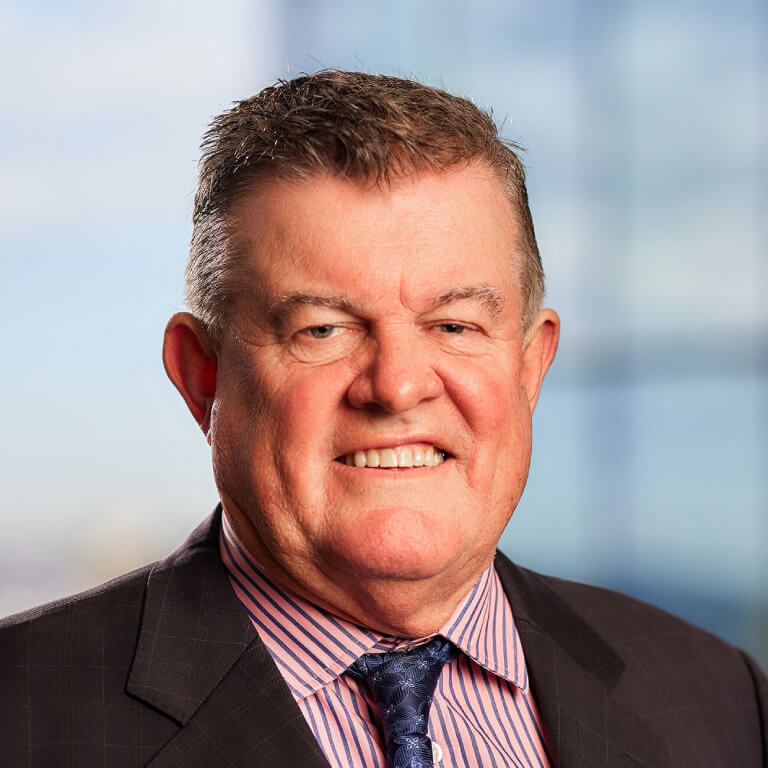As featured in the June 2021 edition of the Queensland Hotels Association’s QHA Review.
Over the last 12 months, many of our clients have applied for new gaming machine licences on what are commonly referred to as “greenfield sites”. Upon many applications, our clients are being met with a response from the Office of Liquor and Gaming Regulation (OLGR), indicating that approval of the application will likely be subject to the imposition of the following Proposed Conditions:
- The Licensee will adopt the harm minimisation measures:
- The licensee will ensure that suitably trained gaming staff conduct ‘walk-throughs’ of the gaming room area at a minimum of one (1) hourly intervals. Should they observe any patrons displaying behaviours associated with problem gambling, they must maintain a record of the observations in the Responsible Service of Gambling (RSG) logbook and also record the action and engagement they undertook with the patron concerned. The logbook must be made available for inspection by an OLGR Investigator or Police Officer.
- The licensee will ensure that the Hotel’s RSG Policy document details the actions that staff are required to undertake should they identify a patron who is exhibiting genuine problem gambling behaviours.
- The licensee will operate and maintain a facial recognition system to ensure that patrons who are excluded from areas of the hotel are identified and prevented from gaining access to the excluded areas in line with the terms of the exclusion direction.
- The licensee will ensure that the RSG Policy document details the process that staff are required to undertake should they be required to remove an excluded person from the premises.
- The licensee’s RSG Policy will be available for inspection by an OLGR Investigator or Police Officer.
- Licensee must operate gaming machine pre-commitment technology to support patrons’ ability to set time and/or spend limits for gaming machine play.
- Licensee must hold quarterly meetings with a local Gambling Help representative. At least one senior staff member and a designated customer liaison officer must be present at every meeting. The minutes of each meeting must be kept and be made available to an OLGR inspector upon request.
- A customer liaison officer must be available at the premises during the approved hours of gaming.
- Staff must not serve liquor to patrons at gaming machines after 10:00pm.
- Licensee must maintain a training program to provide ongoing responsible gambling training for all staff who provide gambling products and services to patrons at least on a semi-annual basis. Records of training undertaken by staff must be kept in a register and be made available to an OLGR inspector upon request.
These Proposed Conditions have also been received on applications to vary conditions of an existing gaming licence, i.e. extending gaming trading hours.
The Proposed Conditions are aimed at furthering the objects of the Gaming Machine Act 1991 by minimising the harm and potential harm from gaming machine gambling.
Statistics from the NSW Gambling Survey 2019 conducted by NSW Government show that only 1% of the population are problem gamblers.[1] Therefore, while the industry recognises the danger that problematic gambling has on today’s society, operators are asking whether the low rates of problematic gambling justify the imposition of these Proposed Conditions.
Some other Australian jurisdictions have already moved toward the implementation of pre-commitment technology. South Australia was an early adopter of pre-commitment technology, having been available in over 70 venues since 2008. Despite the implementation of systems that allow users to set limits and budgets, it has not been found to prevent gambling-related harm.[2]
What is certain is that the implementation of, and compliance with, the Proposed Conditions is going to create a costly imposition on new operators (and those seeking to vary the terms of their gaming licence) that will not be borne by their existing competitors. Further, many of the Proposed Conditions that do not relate to technology already exist within the Queensland Responsible Gambling Code of Practice, a voluntary code that main gaming operators within the industry sign up to.
Ultimately, only time will tell whether the imposition of the Proposed Changes is effective in achieving the objects of the Gaming Machine Act 1991.
Should you have any queries about the Proposed Conditions, or if you would like to know how these might affect your business, please contact myself on (07) 3224 0230.
1 https://www.responsiblegambling.nsw.gov.au/research2/nsw-gambling-survey-2019
2 Australian Gambling Research Centre: “Of the small number of users who set a monetary limit (1.8% at venue 1 and 0.8% at venue 2), more than half exceeded this limit and, of those who exceeded their limit (n = 9), most did not use the feature again (n = 6) (Delfabbro, 2012). Furthermore, the limit-setting features were described as potentially confusing for users. Overall, this system was not found to prevent gambling-related harm.” https://aifs.gov.au/agrc/sites/default/files/publication-documents/1707_agrc_dp9-pre-commitment.pdf
